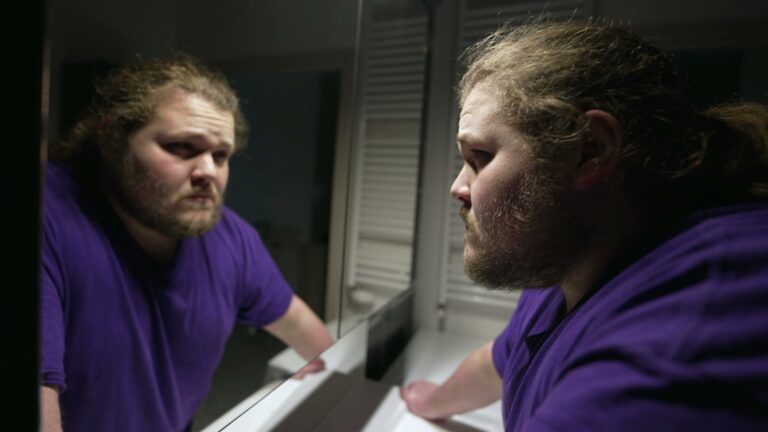As the summer hues fade into the vibrant palette of fall, families in Annapolis, MD, and beyond face the annual transition of back to school—a time filled with excitement, anticipation, and a significant amount of stress and anxiety for many children. At Annapolis Counseling Center, Dr. Lance David and a dedicated team of practitioners are committed to supporting families during this pivotal time. This blog explores the importance of nurturing children’s mental health as they return to the classroom, offering practical advice and compassionate insights beyond the common stereotypes associated with back-to-school anxiety.
Understanding the Spectrum of Back-to-School Emotions
The Excitement and Anxiety Dichotomy
For many children, the start of a new school year is an exhilarating experience, marked by the joy of reuniting with friends, the thrill of new learning opportunities, and the promise of personal growth. However, beneath this layer of excitement often lies a complex web of anxieties, fears, and pressures—concerns about fitting in, academic performance, and the challenge of navigating social dynamics.
Recognizing the Signs of Stress
Children are not always able to articulate their feelings of anxiety or stress, making it crucial for parents and caregivers to be vigilant for non-verbal signs. Changes in sleep patterns, appetite, or a noticeable disinterest in school-related conversations may signal a child’s struggle with back-to-school anxiety. Dr. Lance David emphasizes the importance of open, non-judgmental communication, encouraging children to express their feelings without fear of dismissal or ridicule.
Strategies for Supporting Your Child’s Mental Health
1. Establish a Routine
Consistency and structure can significantly alleviate anxiety. Annapolis Counseling Center advocates for establishing a predictable daily routine that includes regular bedtimes, study hours, and leisure activities. This structure gives children a sense of security and control, easing the transition into the school year.
2. Foster Open Communication
Creating an environment where feelings are openly discussed and validated is paramount. Encourage your child to share their worries and triumphs, ensuring they understand that their feelings are normal and that they are not alone in their experiences. This open dialogue fosters resilience and helps children develop healthy coping mechanisms.
3. Collaborate with Educators
Teachers and school counselors are invaluable allies in supporting your child’s mental health. Dr. Lance David recommends building a collaborative relationship with educators and informing them about any concerns or behavioral changes observed at home. This partnership ensures that children receive consistent support both in and out of the classroom.
4. Prioritize Self-Care and Leisure
Balancing academic responsibilities with play and relaxation is essential for mental well-being. Encourage your child to engage in activities they enjoy, whether it’s sports, arts, or spending time in nature. This balance is critical for reducing stress and promoting a positive outlook toward school and learning.
5. Seek Professional Support When Necessary
Sometimes, despite the best efforts of parents and educators, children may struggle to cope with the pressures of school. Annapolis Counseling Center is equipped to provide additional support, offering therapy and counseling services designed to address specific concerns, from social anxiety to academic stress.
Building a Foundation of Resilience and Empathy
The journey back to school is an opportunity to strengthen the foundation of resilience, empathy, and emotional intelligence in children. By addressing mental health with the same vigor as academic achievement, parents and educators can equip children with the tools they need to navigate the challenges of school and beyond.
Annapolis Counseling Center offers a compassionate, comprehensive approach to mental health care for families in Annapolis, MD, looking for support as their children transition back to school. Dr. Lance David and his team are dedicated to supporting children and families during this critical time, ensuring that every child has the resources and support they need to thrive in the new school year.
If you’re concerned about your child’s mental health as they return to school, don’t hesitate to reach out for professional advice and support. Contact Annapolis Counseling Center at 410-280-9444 to learn more about how we can assist your family during this transition.
Embracing the Journey Together: Beyond Back-to-School Anxiety
As we navigate the complexities of a new school year, it’s important to remember that every child’s experience is unique. By embracing a holistic approach to mental health that includes open communication, routine, and professional support, families can transform back-to-school anxiety into an opportunity for growth and learning.
Sources:
- American Psychological Association. “Back to school: Dealing with academic stress.” https://www.apa.org/topics/school-related-stress
- Child Mind Institute. “Back-to-School Anxiety During COVID.” https://childmind.org/article/back-to-school-anxiety-during-covid/
- National Association of School Psychologists. “Back to School Transitions: Tips for Parents.” https://www.nasponline.org/resources-and-publications/resources-and-podcasts/back-to-school/back-to-school-transitions-tips-for-parents


















































